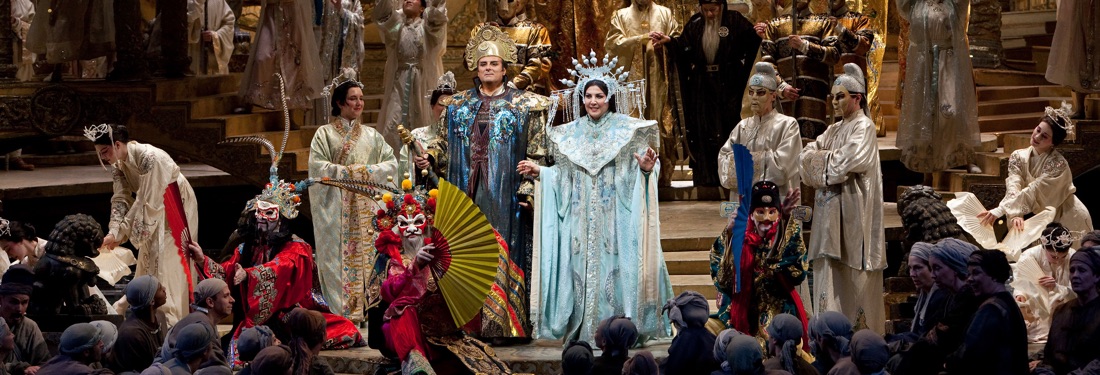
Peter G. Davis in High Fidelity/Musical America:
Having recovered sufficiently from the shock of mounting four new productions in the [first] two weeks of the season, the Met presented a new “Elektra” of mixed virtues towards the end of the month. Rudolf Heinrich has conceived a threatening set which magnificently suggests the crumbling ruins of a once strong and proud family. Fanning down from upstage along the courtyard floor are four immense, striated, siliceous stone slabs. These monoliths are mirrored by four matching boulders suspended from the ceiling and sweeping up to the proscenium. Through decaying holes and gouges in the palace wall one can spy such activities as the wild procession of animals being led to sacrifice and, later on, the murder of Aegisthus. It is in perfect contrast to Heinrich’s splendid “Salome” designs, which also exude an unholy decadence. But Salome’s sickly, perfumed decomposition is born of a lassitudinous sensual surfeit; Elektra’s deterioration on the other hand, stems from a violent strength generated by sensual frustration. It’s all summed up beautifully in Heinrich’s brooding, rotten mausoleum.
Almost everyone was pleasantly surprised by Birgit Nilsson’s unexpectedly “right” Salome two years ago, and even greater things were expected from her Elektra. Certainly the role has rarely been accorded such a glorious vocal performance; when it comes to staying power and ability to ride out the mightiest Straussian orchestral tides, Nilsson clears the floor of all competition. Still, it was a curiously uninvolving hour and three quarters – partly due, I think, to the restrained detachment of Miss Nilsson s acting as well as to the unrelieved sunny brilliance of her voice (which, as it turns out, is more at home with the technicolored Salome than the dark, glowering Elektra). From watching this artist grow in a part over past years, one can predict that something more positive will eventually develop, but right now it’s very chilly.
Regina Resnik plays Klytmnestra as an extraordinarily beautiful, proud and regal figure tottering on the brink of hysteria -a far cry from the grotesque, bloated hag presented by most mezzos. The dignity with which Miss Resnik clothes the role increases the queen’s stature immeasurably and adds poignancy to the fleeting impulses of maternal warmth and her flinches of terror as Elektra details the horrible death in store. Furthermore, Miss Resnik is content to sing the music, and very beautifully at that, letting Strauss’ graphic prosody tell its own tale. A very great performance.
Chrysothemis found Leonie Rysanek in excellent vocal shape, and she threw herself into the part with her usual abandon. I can’t help thinking that she has miscalculated the dramatic effect somewhat: far from being the modest and retiring sister suggested by Hofmannsthal, this Chrysothemis could clearly have straight-armed Elektra, marched out the door, and had the first farmer’s son that came along.
William Dooley was too light-voiced to make a proper effect as Orestes, but Robert Nagy sketched a nasty and petulant Aegisthus. Except for Carlotta Ordassy’s Overseer, the remaining small parts, and in particular the five serving maids, were very poorly taken, with only approximations of the vocal writing. The orchestra again played superlatively, but although Thomas Schippers deftly accompanied the conversational sections and coaxed some lovely textural nuances from the score; the big lyrical moments were merely batted out, very loudly. If Herbert Graf’s staging offered little that was new, its very simplicity quietly and effectively underlined this stark drama.
On this day in 1961 tenor Sandor Konya made his Met debut as Lohengrin. Ingrid Bjoner debuted as Elsa.
Birthday anniversaries of tenors Fritz Wolff (1894), Giovanni Voyer (1901) and Warren Ellsworth (1951); composer Howard Hanson (1896) and contralto Claramae Turner (1920).
Happy birthday to parterre box scribe Michael Anthonio!
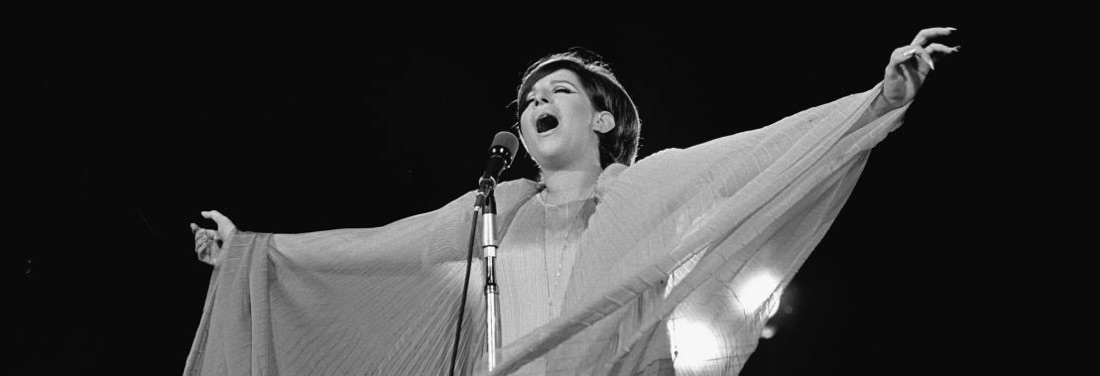

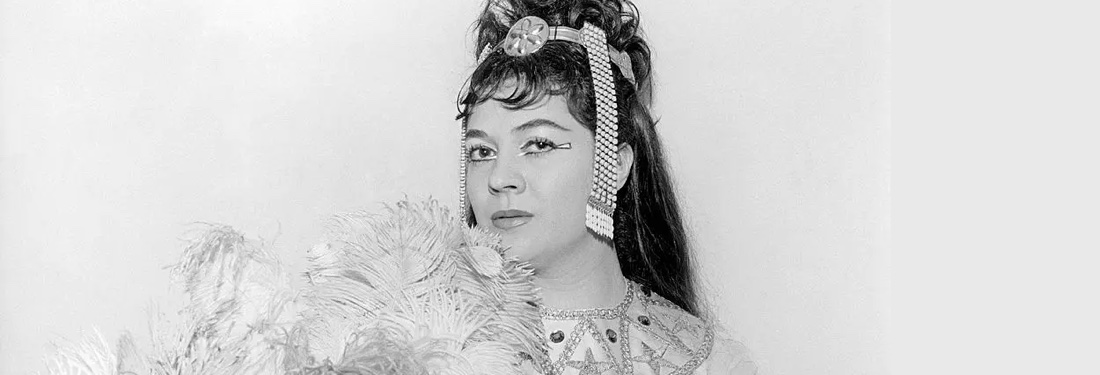
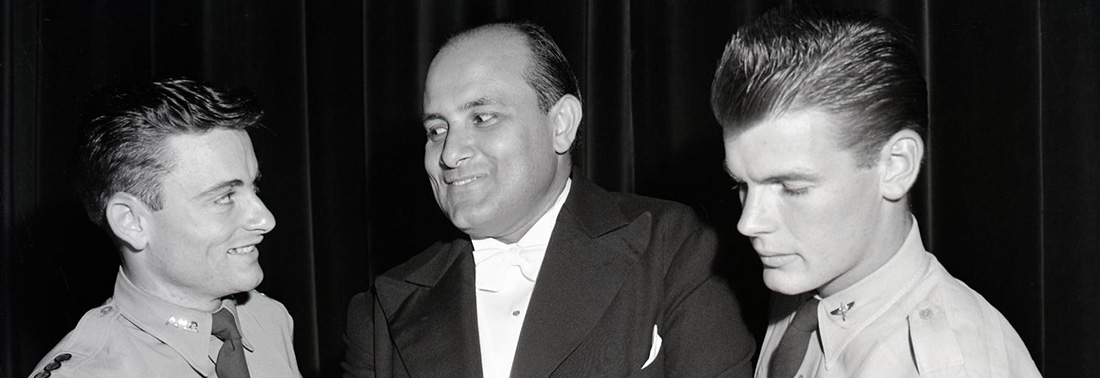
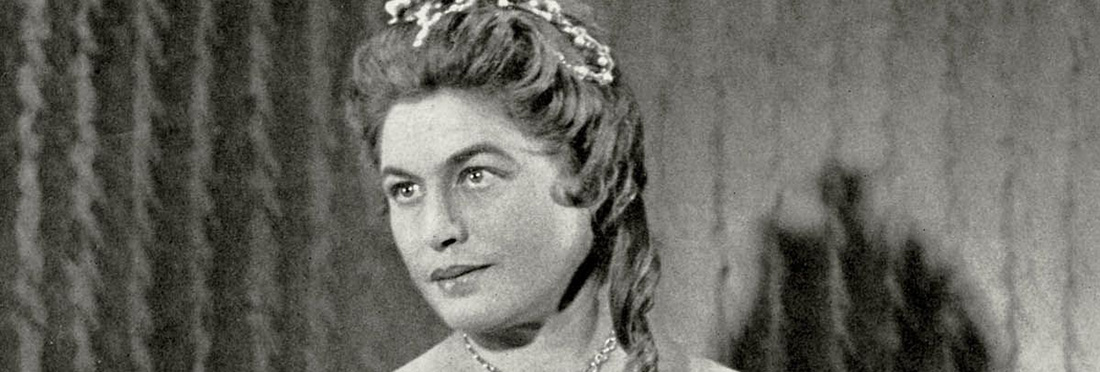

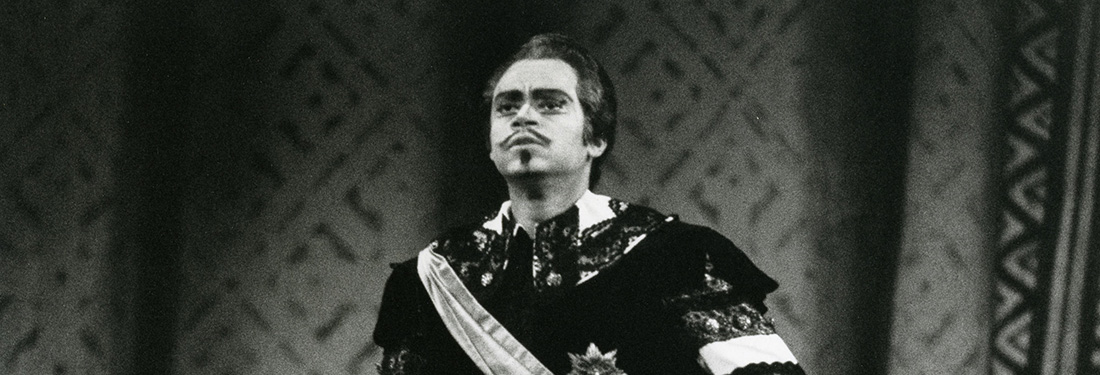
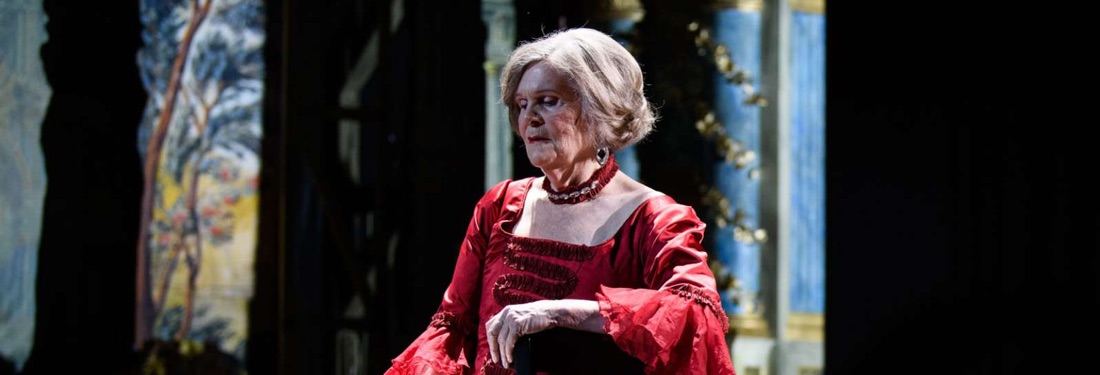
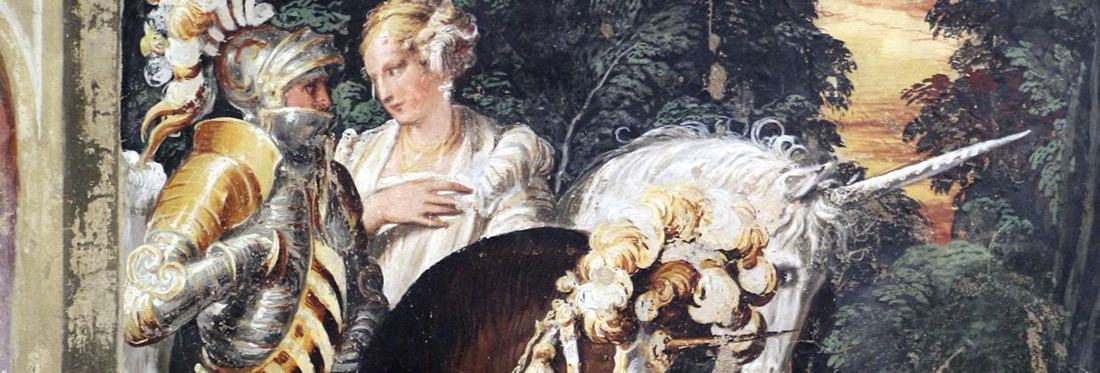

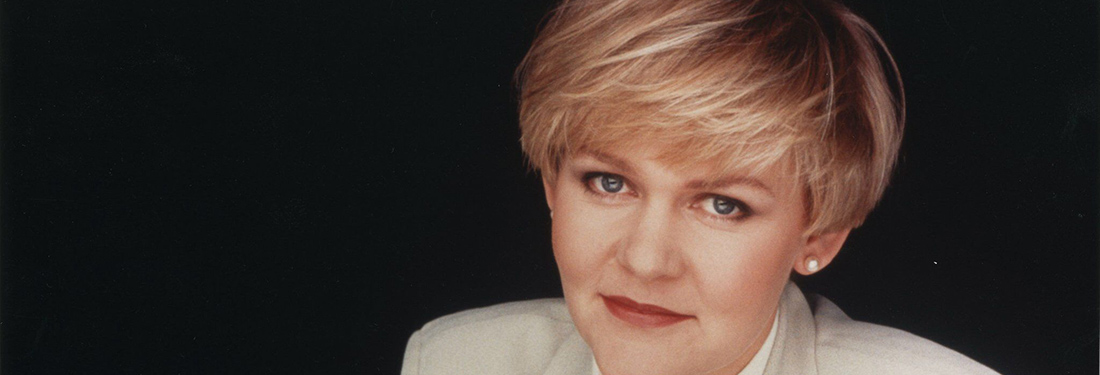
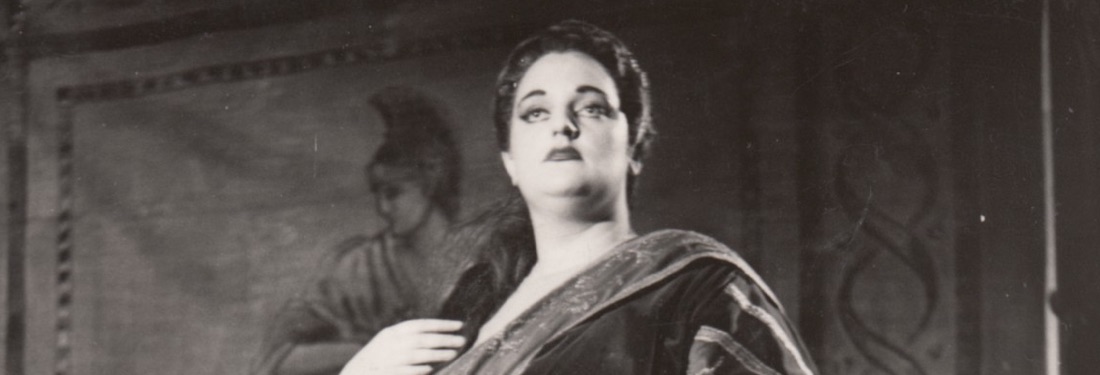
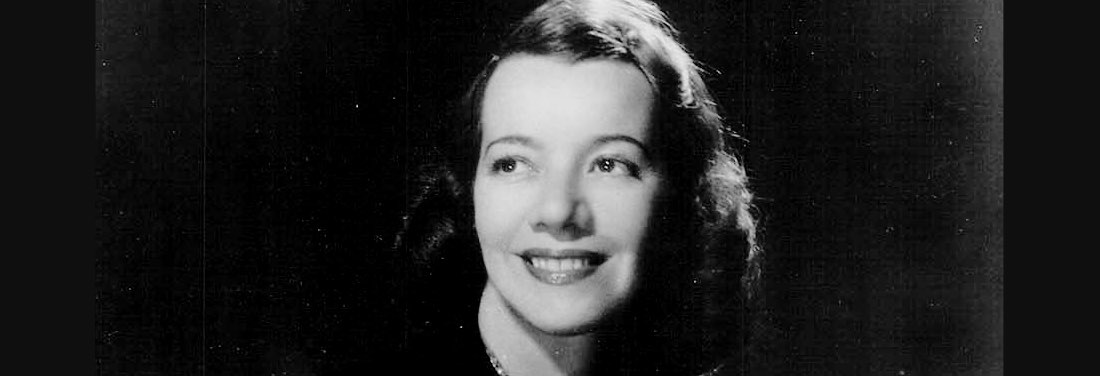
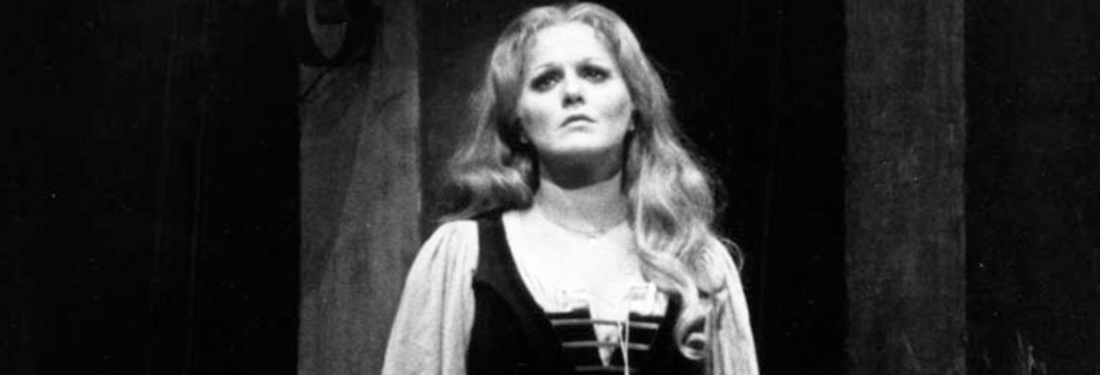
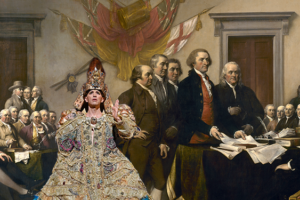

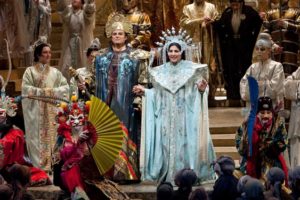






Comments